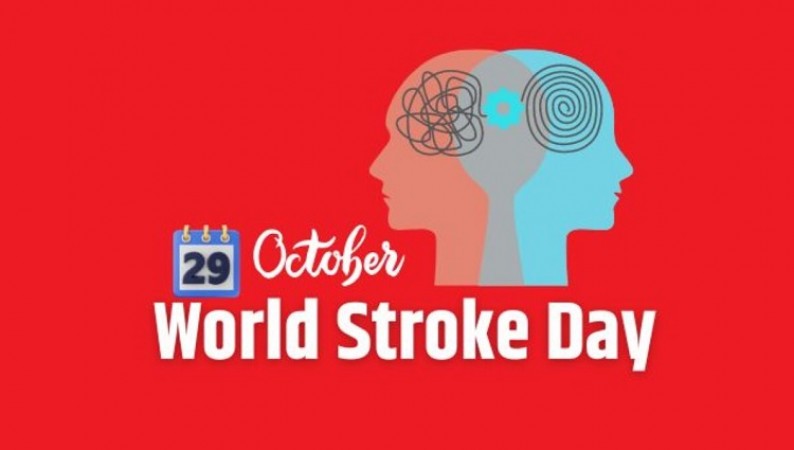
Every year, on October 29th, the world unites to observe World Stroke Day (WSD), a significant event aimed at shedding light on the critical issue of stroke. This day serves as a platform to highlight the grave nature of stroke and its alarming prevalence on a global scale. It is also a crucial opportunity to raise awareness about stroke prevention and treatment, ultimately striving for a world with fewer strokes and improved care for those affected.
The Alarming Statistics
Stroke, often referred to as a "brain attack," is a medical emergency that occurs when there is a sudden interruption in the blood supply to the brain. It is essential to recognize that strokes are a global health crisis, with far-reaching consequences. According to the World Health Organization (WHO) and various health organizations, the statistics surrounding stroke are deeply concerning.
Leading Cause of Death: Stroke is the second leading cause of death worldwide, accounting for a significant number of fatalities each year.
Leading Cause of Disability: It is also the third leading cause of disability, leaving many survivors with long-lasting physical and cognitive impairments.
High Incidence Rates: The global prevalence of stroke is staggering, with an estimated 18 million people suffering from strokes annually.
Disparity Between Countries: A particularly concerning aspect of stroke is the disparity between low and middle-income countries, such as India, and developed nations. While low and middle-income countries have witnessed a shocking 100 percent increase in stroke cases, developed countries have seen a decrease of 42 percent. This points to the need for more comprehensive and equitable stroke prevention and treatment strategies.
The Significance of World Stroke Day
World Stroke Day holds immense significance for several reasons:
Raising Awareness: WSD provides a unique platform to raise awareness about stroke, ensuring that people from all walks of life understand its risk factors, symptoms, and the importance of seeking immediate medical attention.
Prevention and Education: Through various campaigns and educational initiatives, WSD promotes preventive measures, such as maintaining a healthy lifestyle, managing risk factors (like hypertension, diabetes, and obesity), and understanding the importance of early intervention.
Advocacy for Better Care: It is a day when individuals, healthcare professionals, and policymakers come together to advocate for improved stroke care, research, and access to treatment. This includes pushing for the development of stroke units in hospitals, better rehabilitation services, and accessible medications and therapies.
Global Solidarity: WSD serves as a global call to action, highlighting the shared responsibility of all nations in addressing the stroke epidemic. It fosters collaboration between countries, organizations, and individuals to work together to reduce the burden of stroke on a worldwide scale.
How You Can Contribute
Spread Awareness: Share information about stroke prevention and treatment on social media and within your community. Use the hashtag #WorldStrokeDay to join the global conversation.
Know the Signs: Familiarize yourself with the signs and symptoms of stroke, such as sudden numbness or weakness in the face, arm, or leg; confusion; trouble speaking or understanding speech; sudden trouble seeing; and severe headache. Early recognition can save lives.
Support Research: Contribute to organizations and research initiatives focused on stroke prevention, treatment, and rehabilitation. Your support can help advance medical science and improve outcomes for stroke survivors.
Advocate for Better Stroke Care: Engage with your local policymakers and healthcare providers to advocate for better stroke care in your community. Push for the establishment of stroke units in hospitals and improved access to stroke treatments.
World Stroke Day 2023 is a global call to action. It emphasizes the urgency of addressing the stroke crisis, promoting awareness, and advocating for better care and prevention. Stroke is a condition that affects us all, and by working together, we can make strides towards a world with fewer strokes and improved support for those impacted by this devastating disease.